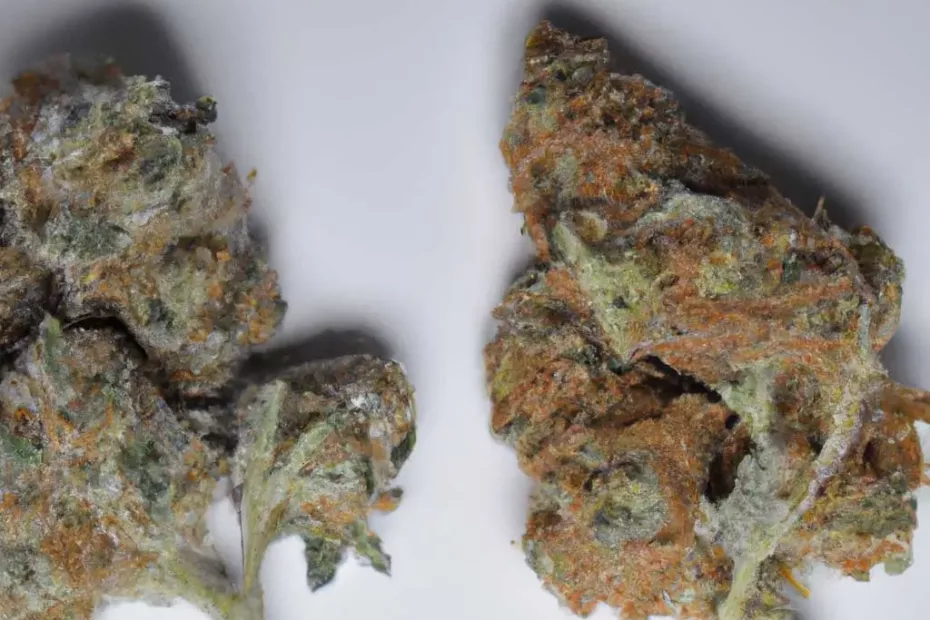Hemp-derived CBD (HHC) and delta-8 THC are both compounds found in the cannabis plant, but they have some distinct differences.
HHC, also known as cannabidiol, is a non-psychoactive compound that is becoming increasingly popular for its potential therapeutic benefits. It is commonly used to alleviate anxiety, pain, and inflammation, and has been shown to have anti-seizure, anti-inflammatory, and anti-anxiety properties.
Delta-8 THC, on the other hand, is a psychoactive compound that is less common than delta-9 THC, the main psychoactive compound found in cannabis. Delta-8 THC is known to produce a milder high than delta-9 THC, and has been shown to have anti-anxiety and anti-nausea properties.
While HHC is legal in all 50 states, delta-8 THC is still considered a controlled substance under federal law. This means that it is illegal to buy, sell, or possess delta-8 THC in the United States, although some states have legalized it for medical or recreational use.
The main difference between the two compounds is their psychoactivity. HHC is non-psychoactive, meaning it does not produce the “high” associated with cannabis use. Delta-8 THC is psychoactive, meaning it does produce a high, but it is milder than the high produced by delta-9 THC.
In conclusion, both HHC and delta-8 THC are compounds found in the cannabis plant, but they have distinct differences. HHC is non-psychoactive and is commonly used for its therapeutic benefits, while delta-8 THC is psychoactive and produces a milder high than delta-9 THC. While HHC is legal in all 50 states, delta-8 THC is still considered a controlled substance under federal law.
